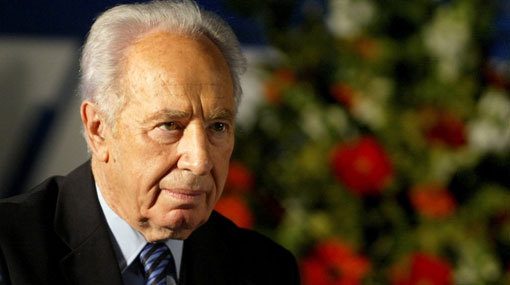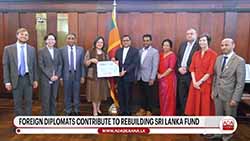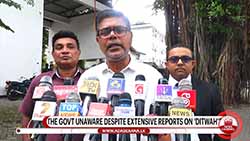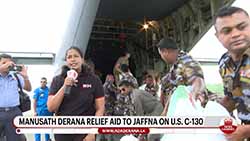Former Israeli leader Shimon Peres dies aged 93
September 28, 2016 08:15 am
, one of Israel’s defining political figures and a Nobel peace prize laureate, has died at the age of 93, two weeks after having a stroke, the official Israel News Agency has confirmed.
Peres had twice served as prime minister of Israel and later as the country’s ninth president. He had been seriously ill on a respirator in an Israeli hospital near Tel Aviv and died after his condition deteriorated sharply.
His defining achievement was as one of the key architects of the Oslo peace accords for which he was jointly awarded the Nobel peace prize with the then Israeli prime minister, Yitzhak Rabin, and Yasser Arafat, the chairman of the Palestine Liberation Organisation.
Peres was rushed to hospital on 13 September after he reported feeling ill. After several tests he was diagnosed as having had a stroke.
The last surviving figure associated with the founding of modern Israel, Peres’s life story tracked many of the most important moments in the country’s short history, which saw him move from being a hawk to a peacemaker – a legacy that substantially unravelled in recent years, to his dismay.
Long a deeply divisive figure in Israeli politics, in later life Peres became one of the country’s most popular public figures, serving a seven-year term as president from 2007-14.
“In his people’s eyes he ceased to be a politician. He became an historic figure, larger than politics, larger than everyday affairs, a figure in a league of his own,” the Yediot Ahronot columnist Nahum Barnea wrote shortly after he became ill, in one among many retrospectives of his long career.
Even after his presidential term ended, Peres remained a high-profile figure who continued to make interventions on the country’s political direction and sought to maintain an active schedule, particularly through events related to his Peres Centre for Peace.
As recently as last year Peres strongly criticised the direction of the government of Israel’s rightwing prime minister, Benjamin Netanyahu, although he did not name Netanyahu directly.
Peres said he believed the values he and Rabin, who was assassinated in 1995, had inherited from Israel’s founding father, David Ben-Gurion, were in jeopardy as he defended a two-state solution to the Israeli-Palestinian conflict.
“Israel should implement the two-state solution for her own sake, because if we should lose our majority, and today we are almost equal, we cannot remain a Jewish state or a democratic state.
“That’s the main issue, and to my regret they [the government] do the opposite.”
Born in Wiszniewo, Poland, Peres emigrated to British Mandate Palestine in 1934 at the age of 11, was a founder of the Labour-Zionist Youth Movement and a member of the Hagana Jewish military forces before Israel declared independence.
As a defence official in the late 1950s and early 1960s, Peres was involved in the establishment in Dimona of Israel’s nuclear reactor, the facility also at the centre of Israel’s nuclear weapons programme.
During a decades-long career, he occupied almost every significant position in Israeli political life. His first role was as director general of Israel’s Ministry of Defence in his 20s, as a protégé of Ben-Gurion, involved in the secret planning of the Suez offensive with Britain and France in alliance against Gamal Abdel Nasser’s Egypt.
First elected to the Israeli parliament, the Knesset, in 1959, his cabinet roles included the defence, finance and foreign affairs portfolios before he served two brief periods as prime minister. Although he ran for prime minister five times between 1977 and 1996, he never won a national election outright.
A noted hawk in the 1970s who had deep reservations about territorial compromise with the Palestinians and supported settlement building and the building up of Israel’s military strength, by the 1980s he had begun to move from the centrist political position he occupied towards the peace camp.
In 1994, while foreign minister, he won the Nobel peace prize jointly with Rabin, the then prime minister, and Arafat for their role in negotiating the Oslo accords, which envisioned an independent Palestinian state.
Peres had had several health scares this year and was admitted to hospital twice because of heart problems. In the first case, the hospital said he had suffered a “mild cardiac event” and underwent catheterisation to widen an artery. He was rushed to hospital again just days later with chest pains and an irregular heartbeat, Guardian reports.
-Agencies












